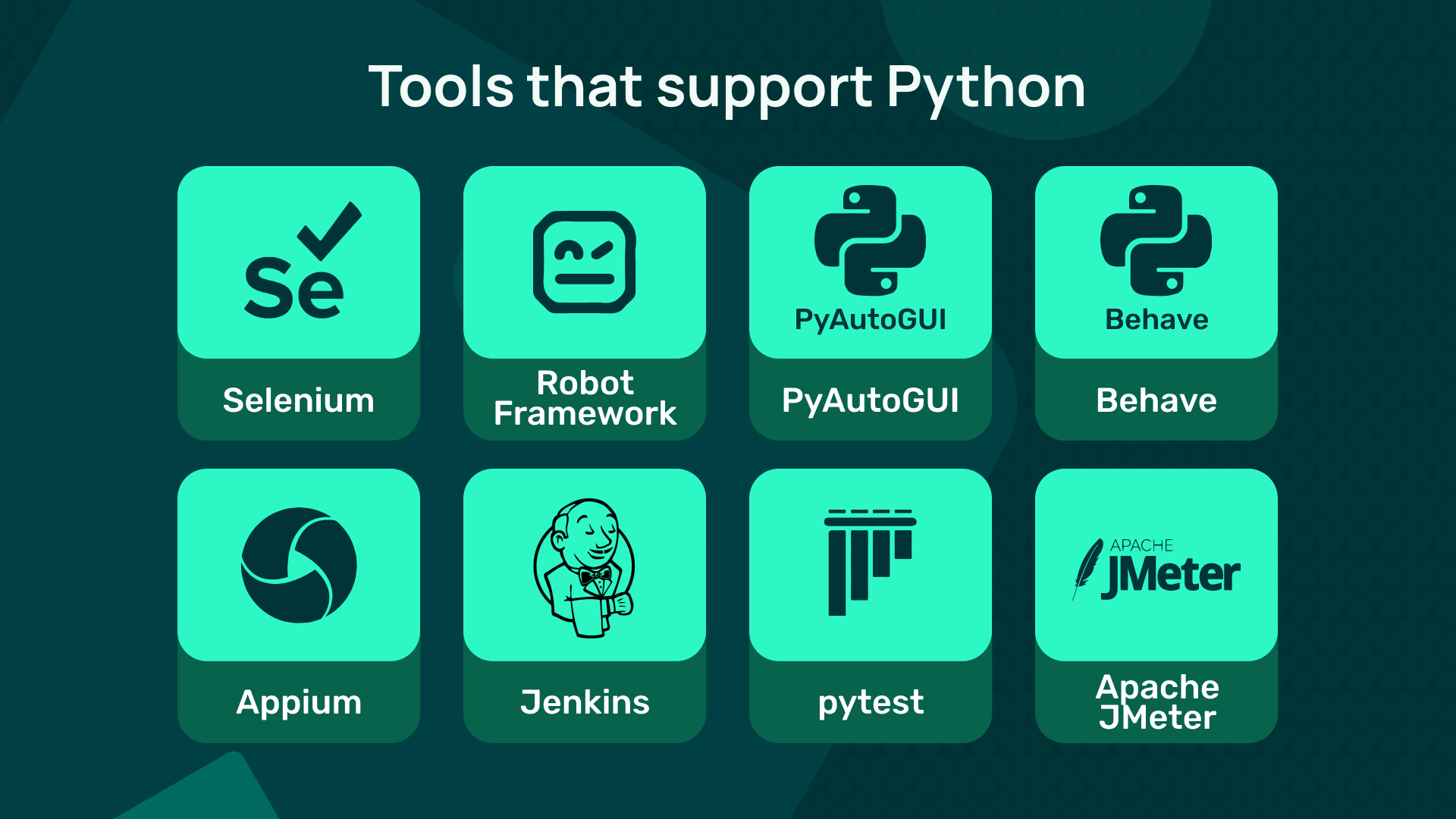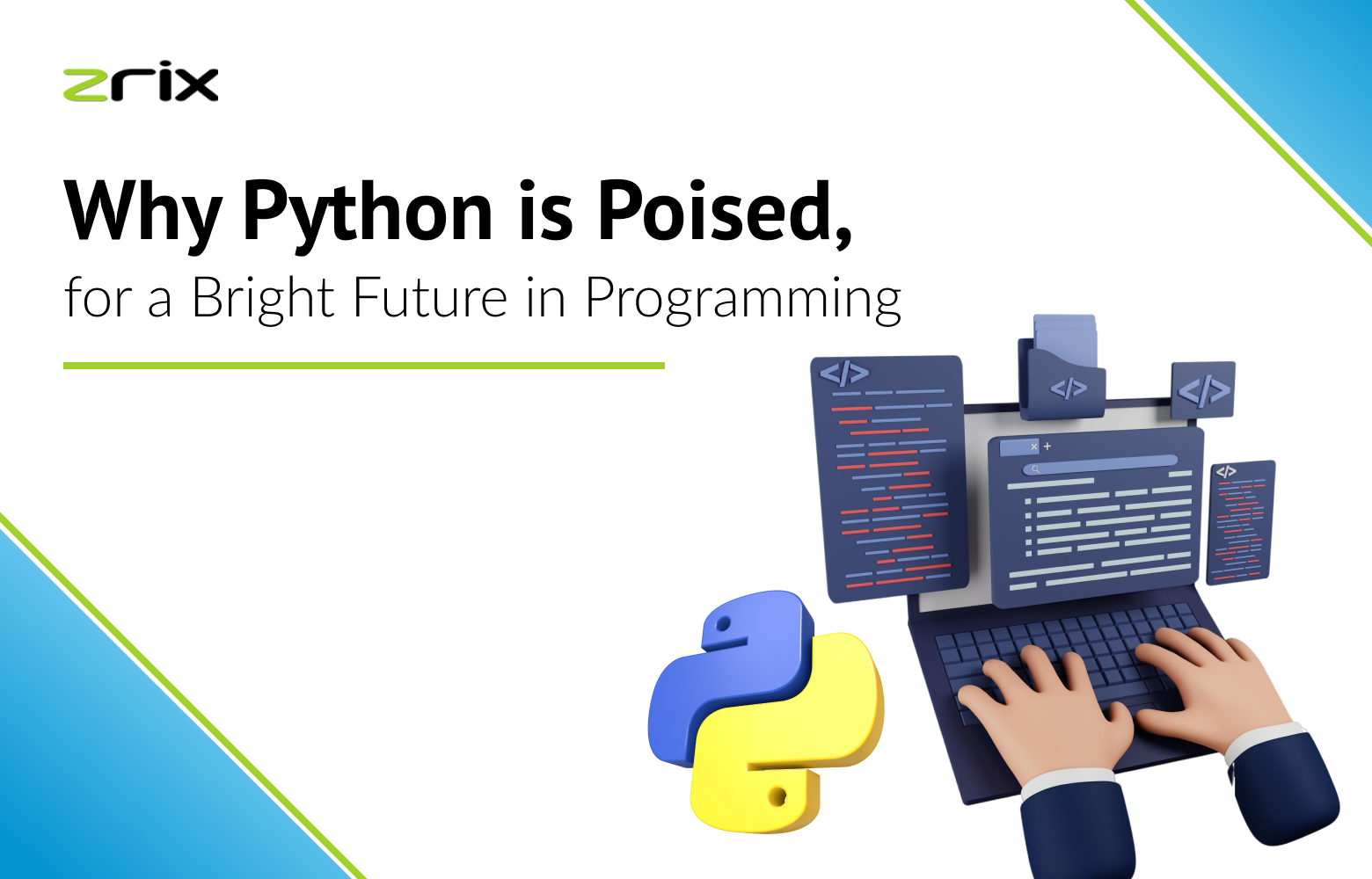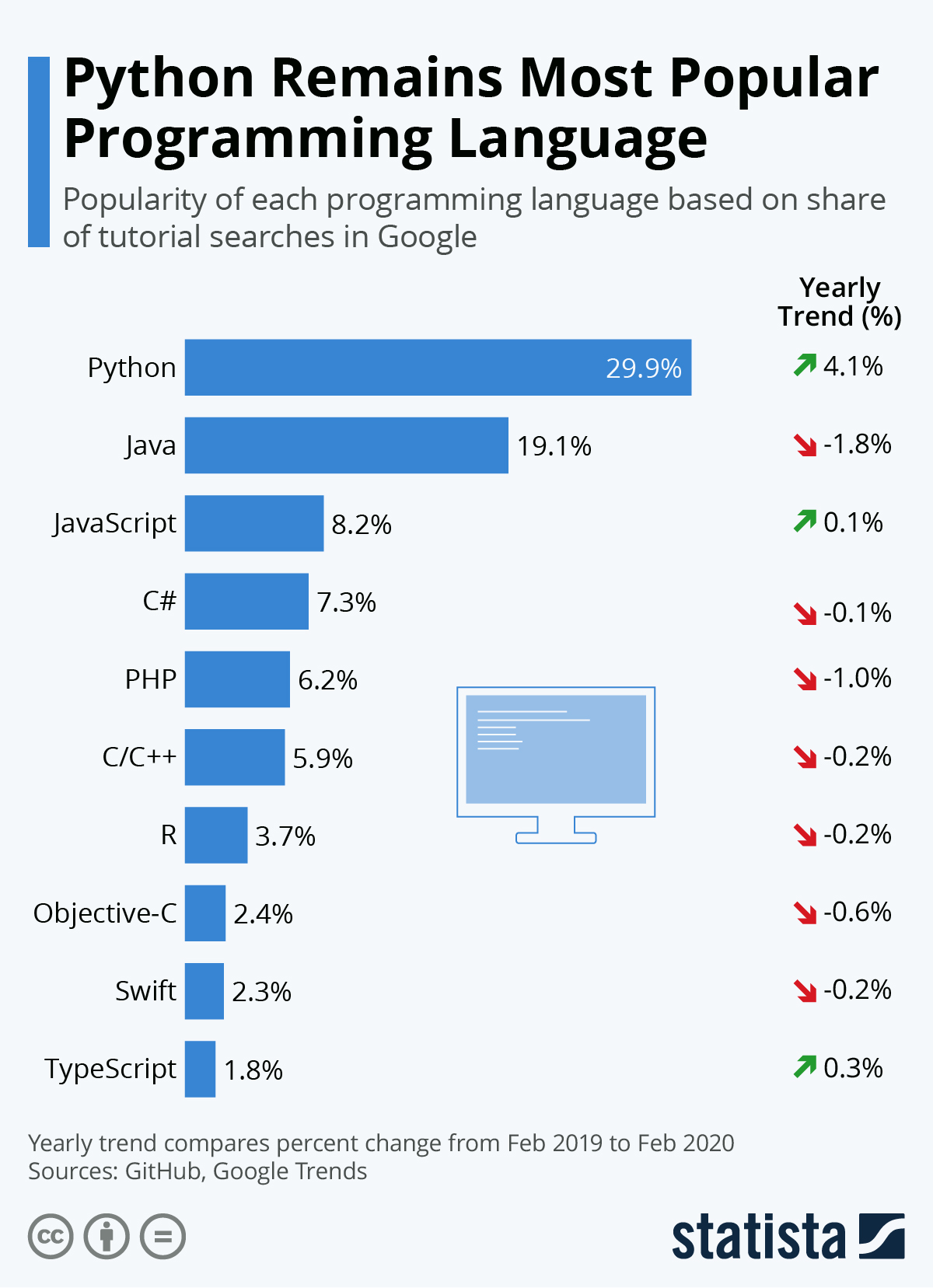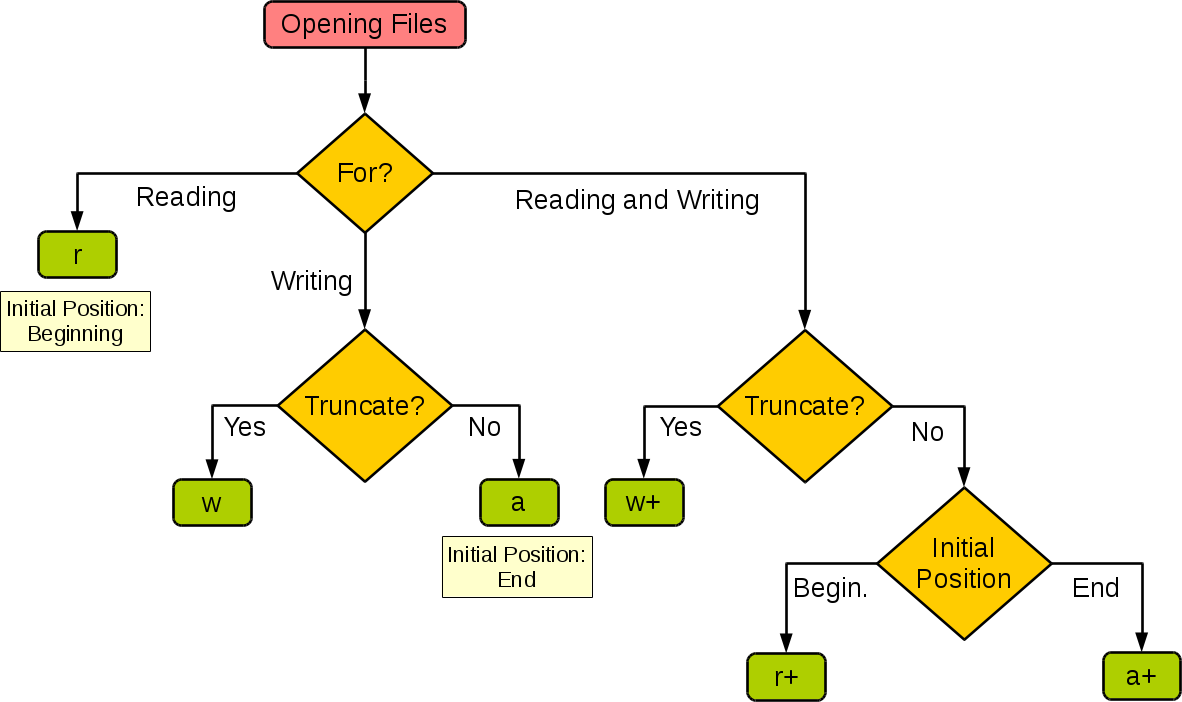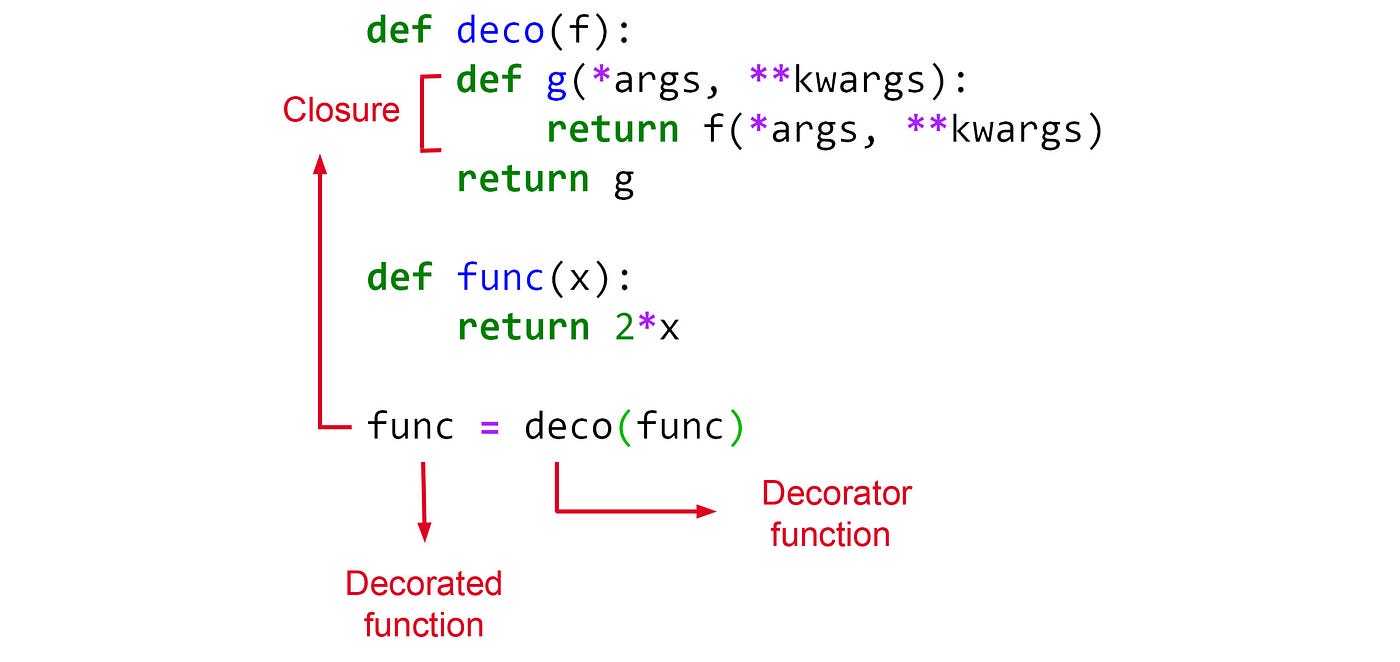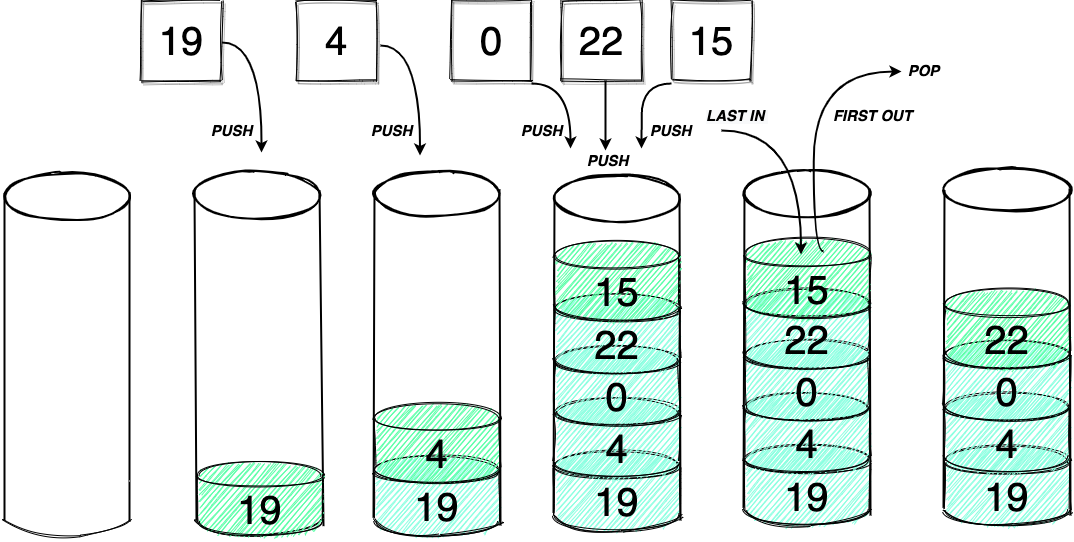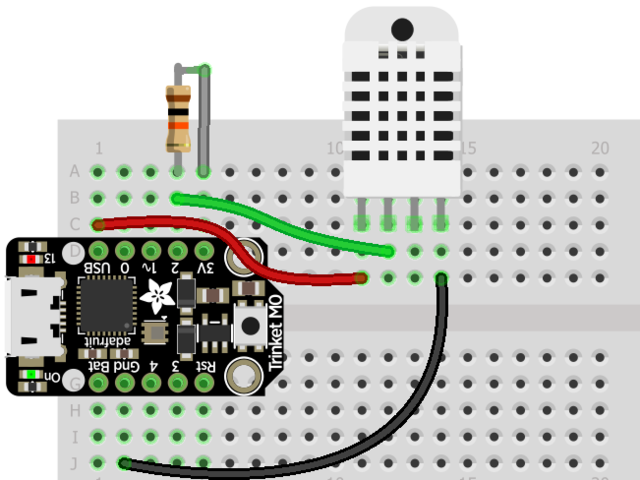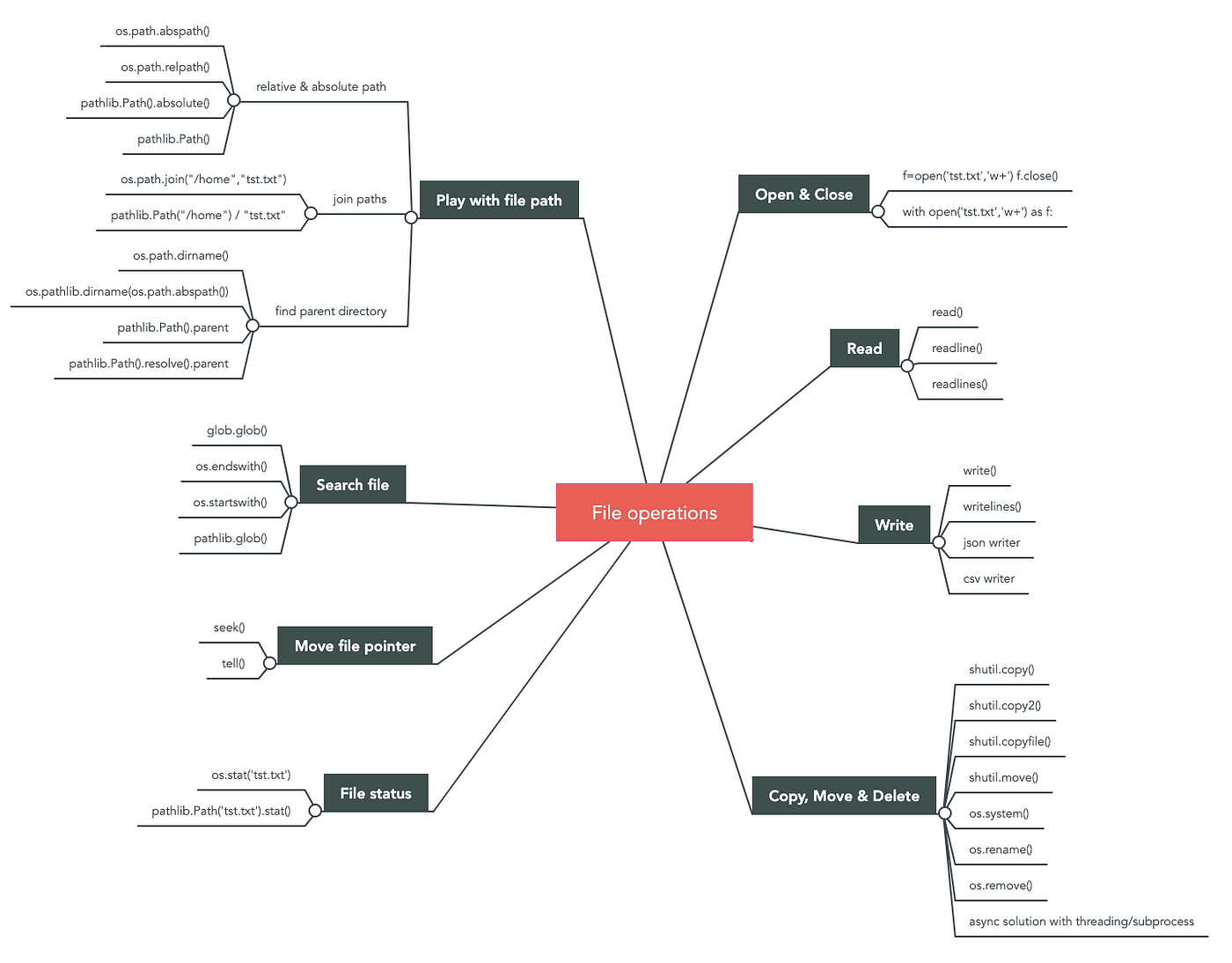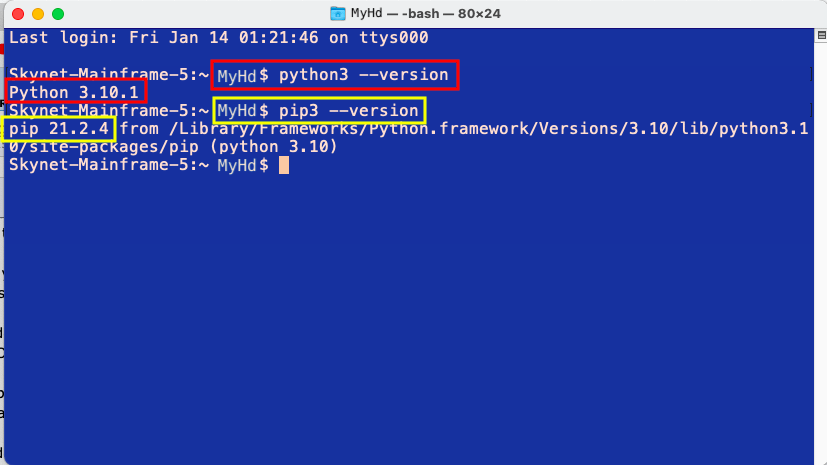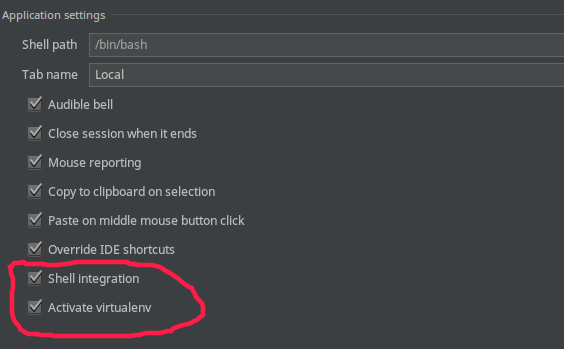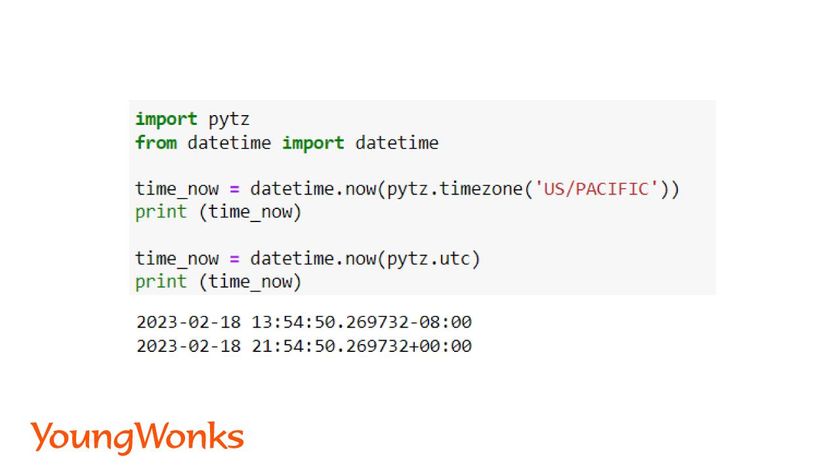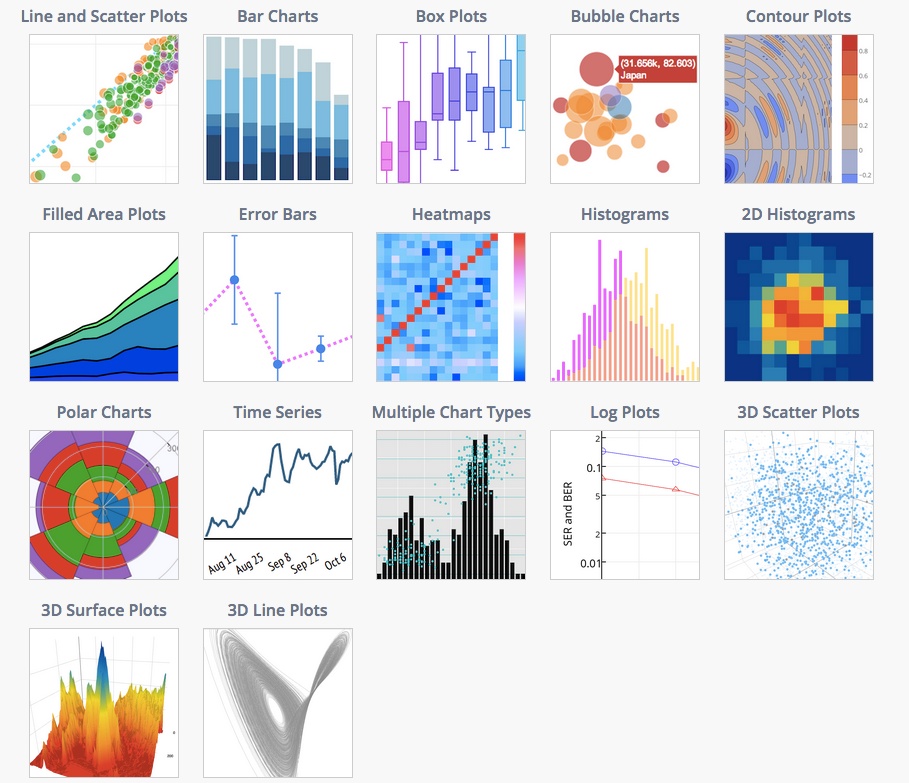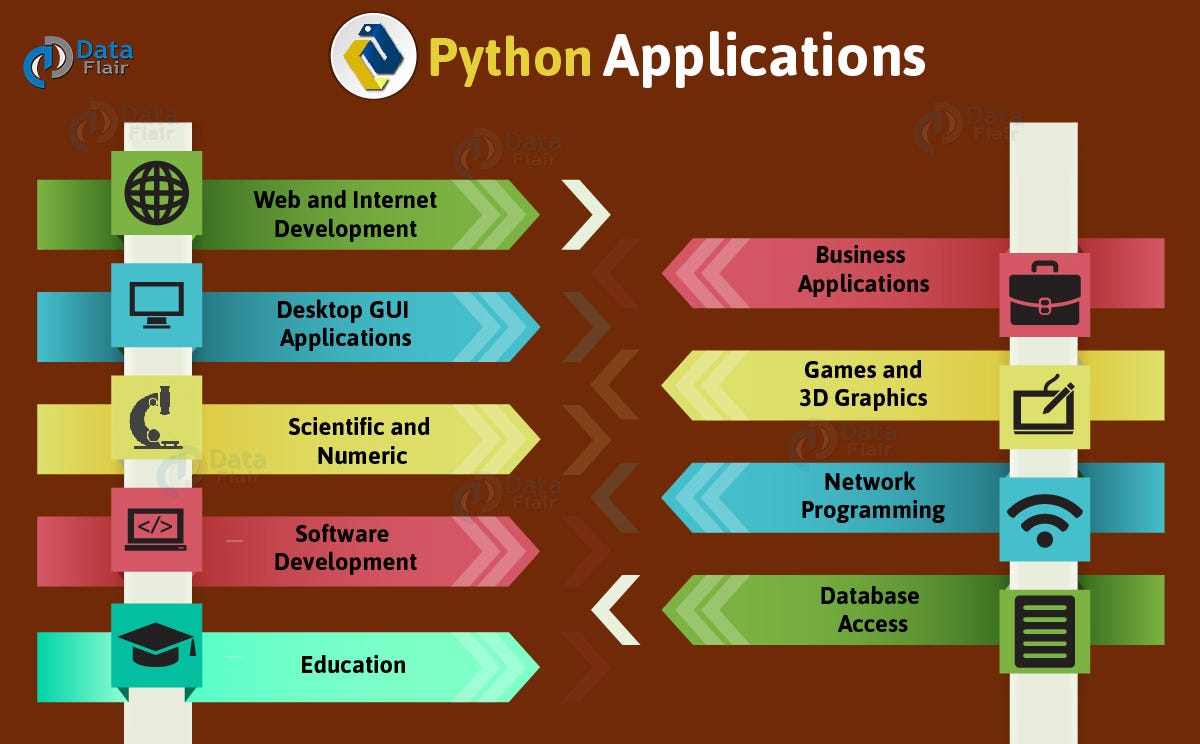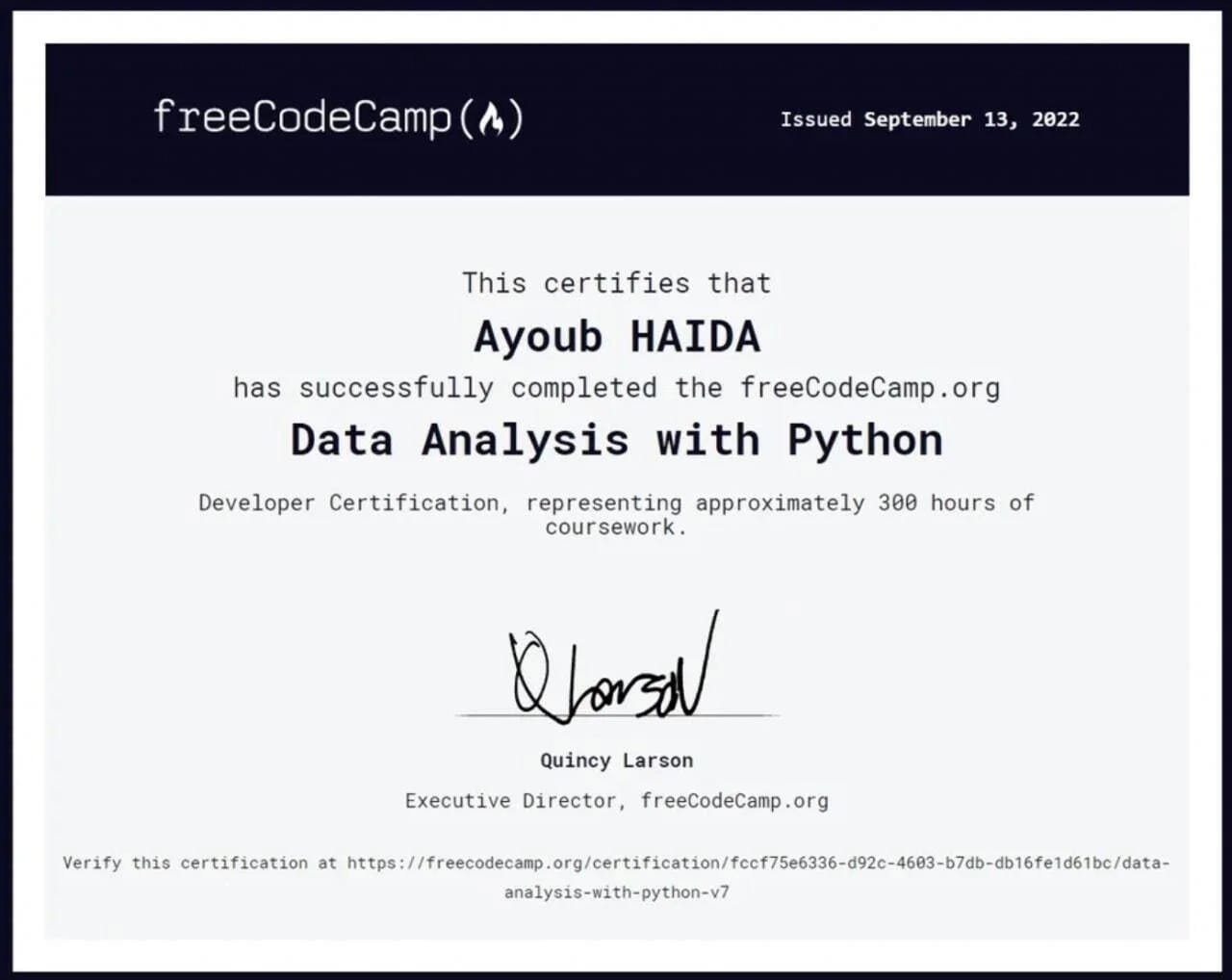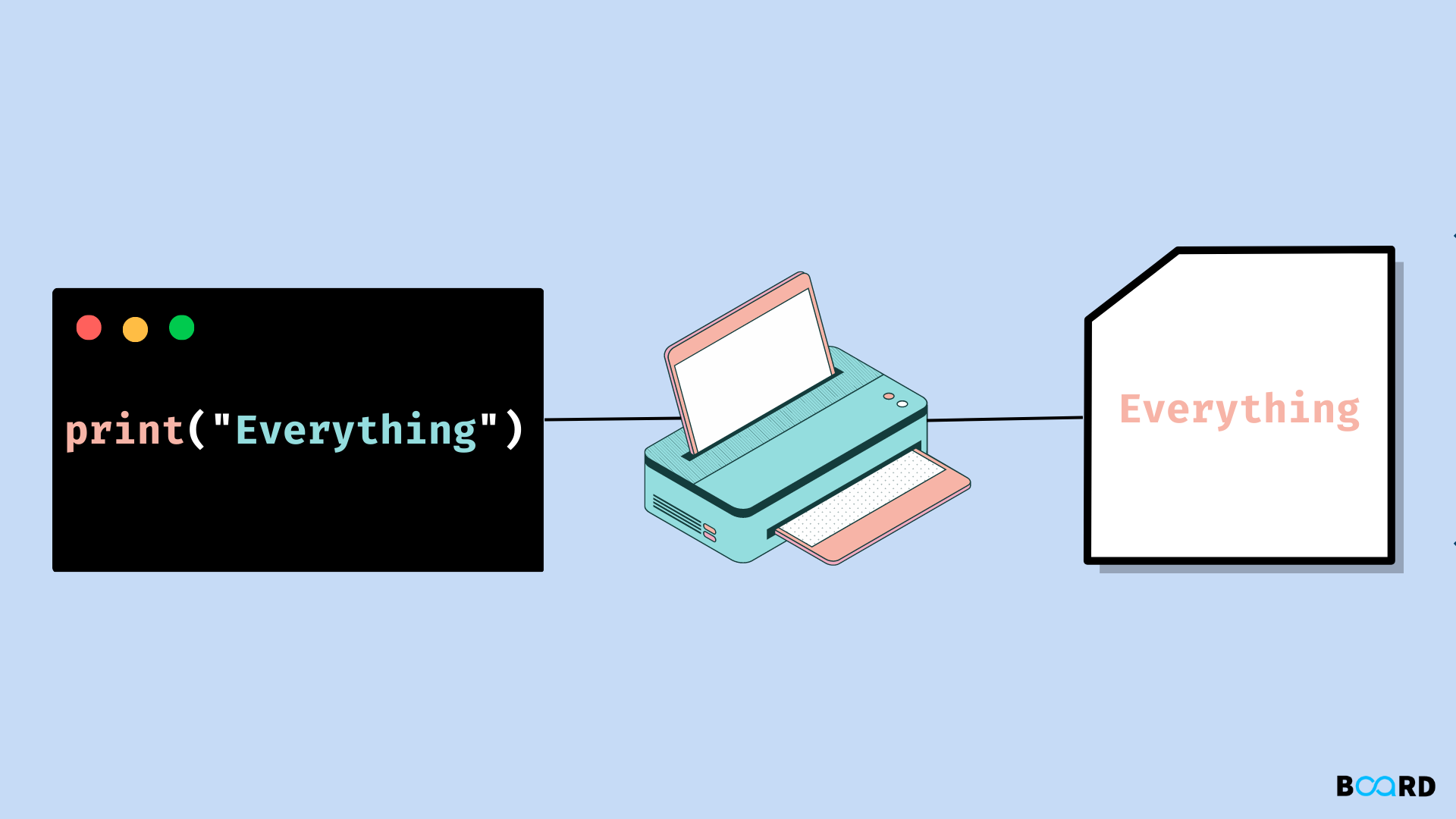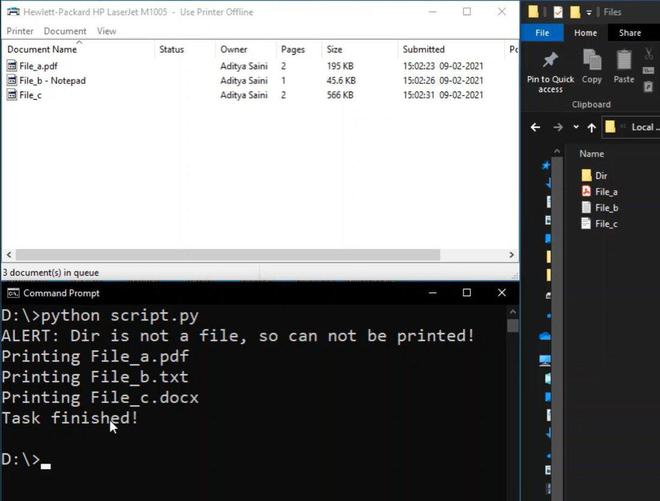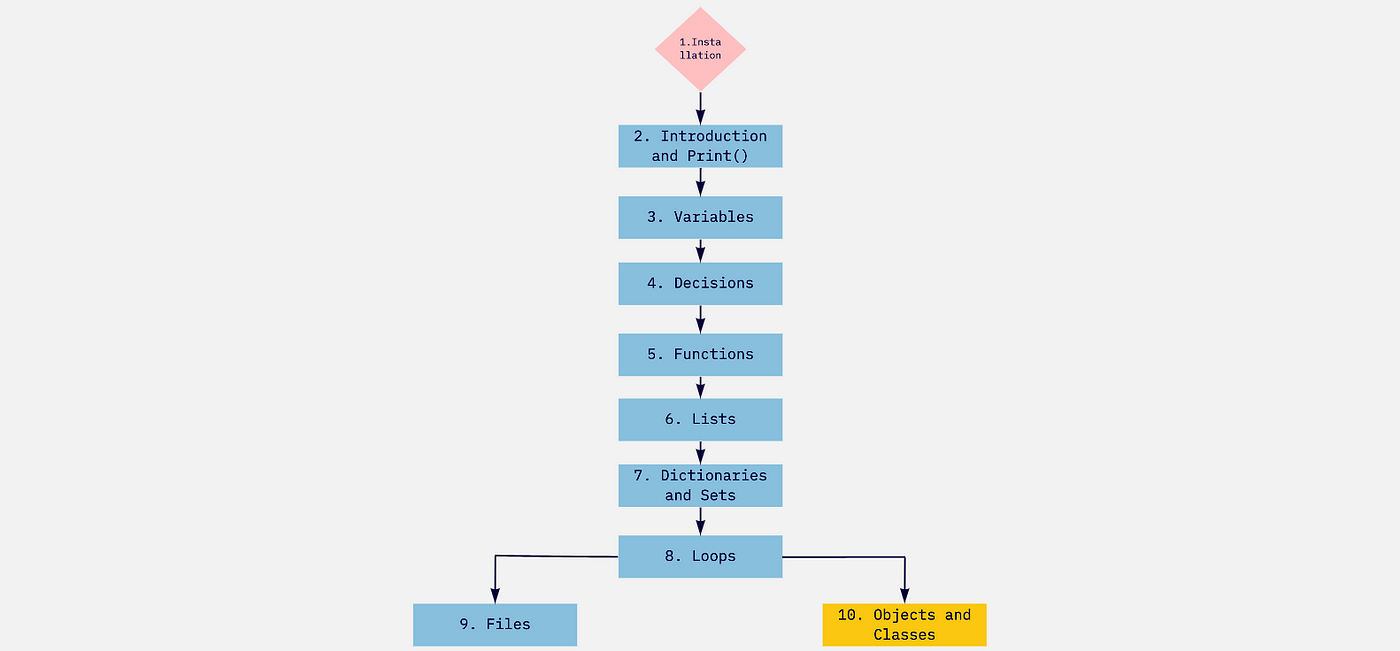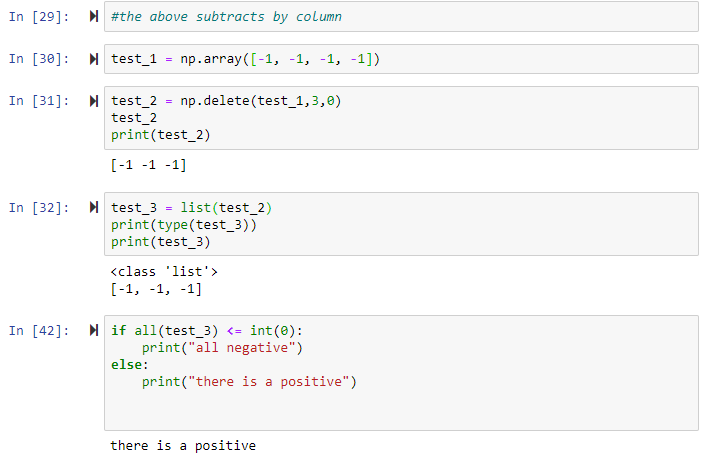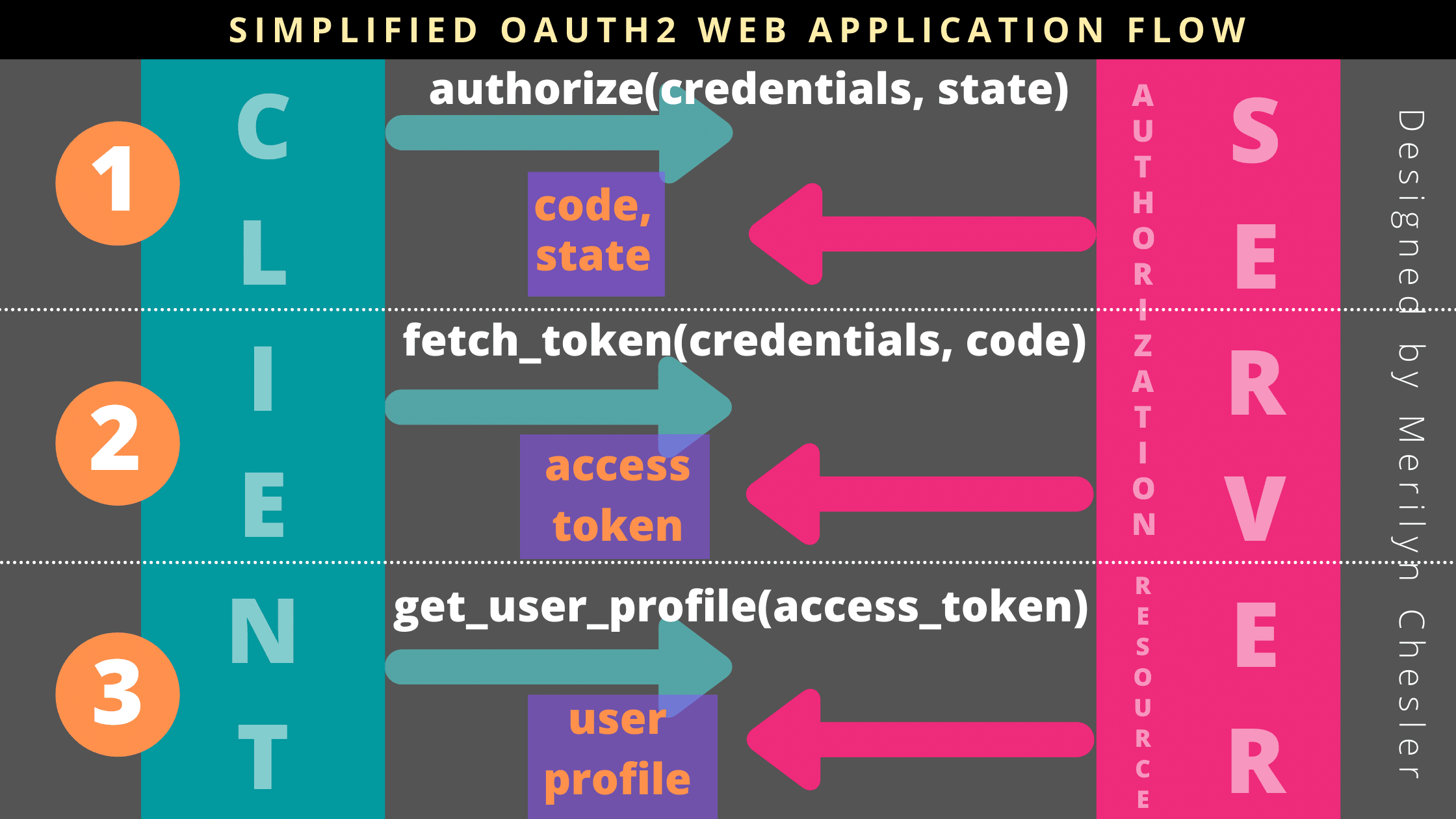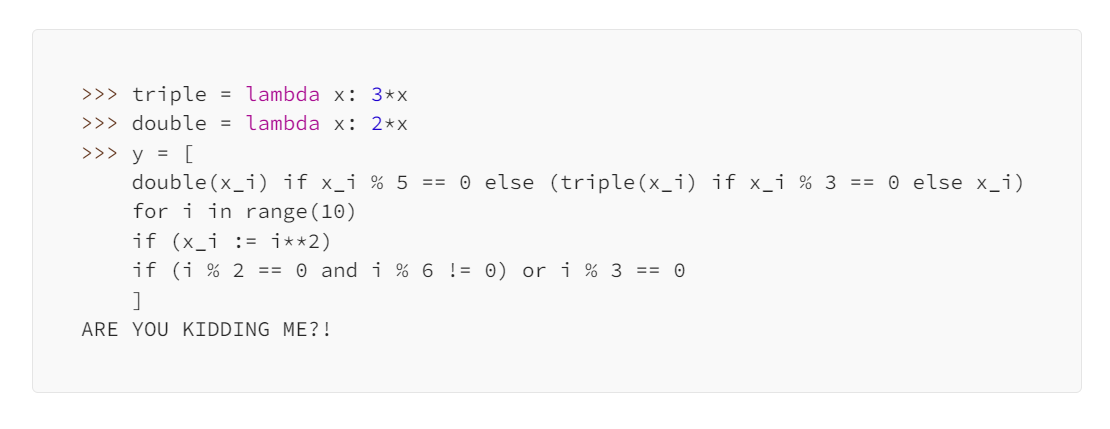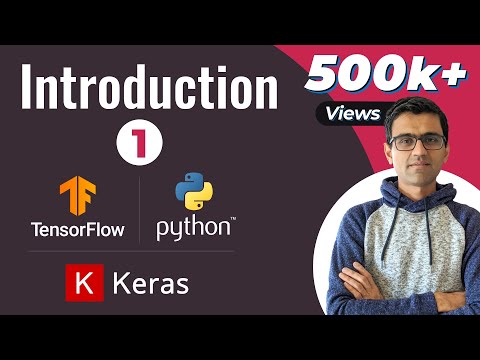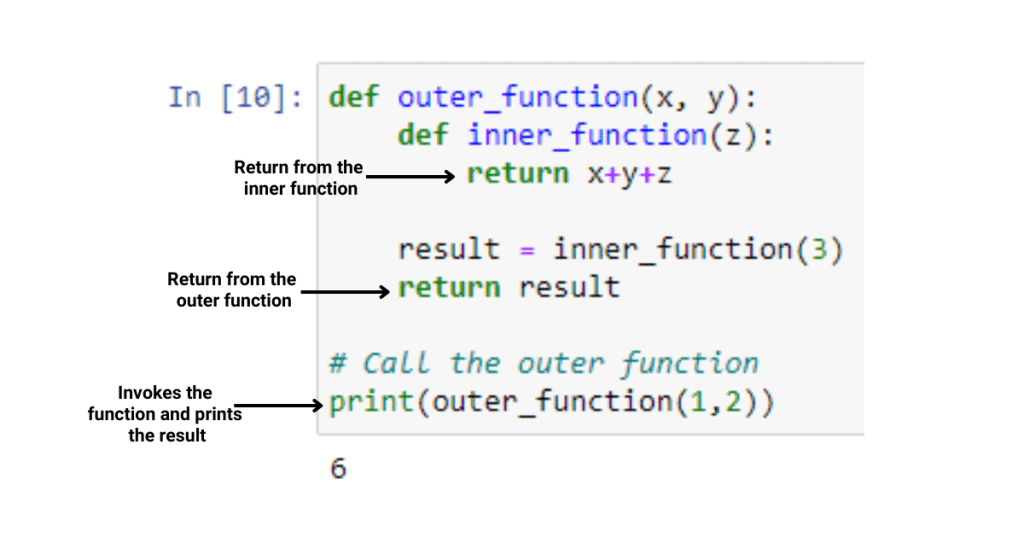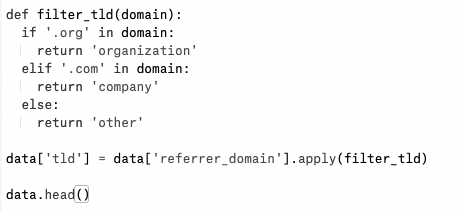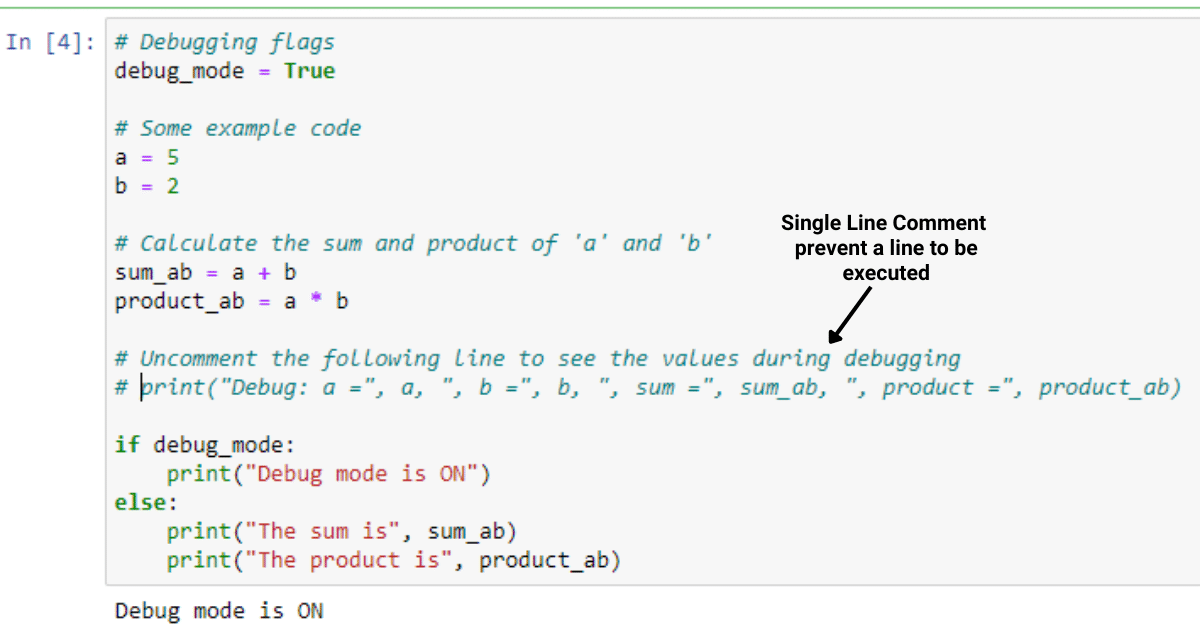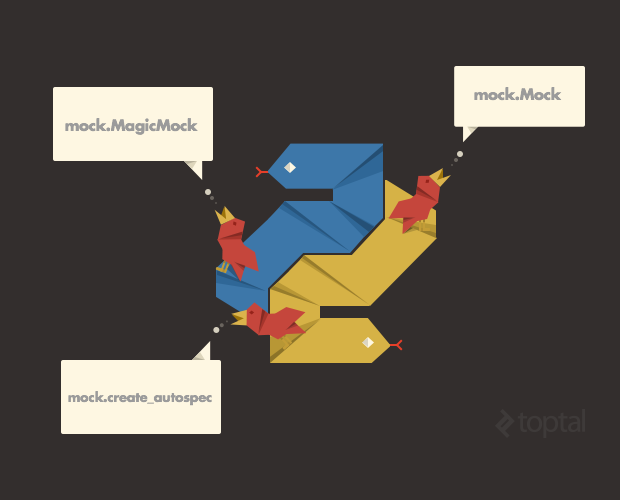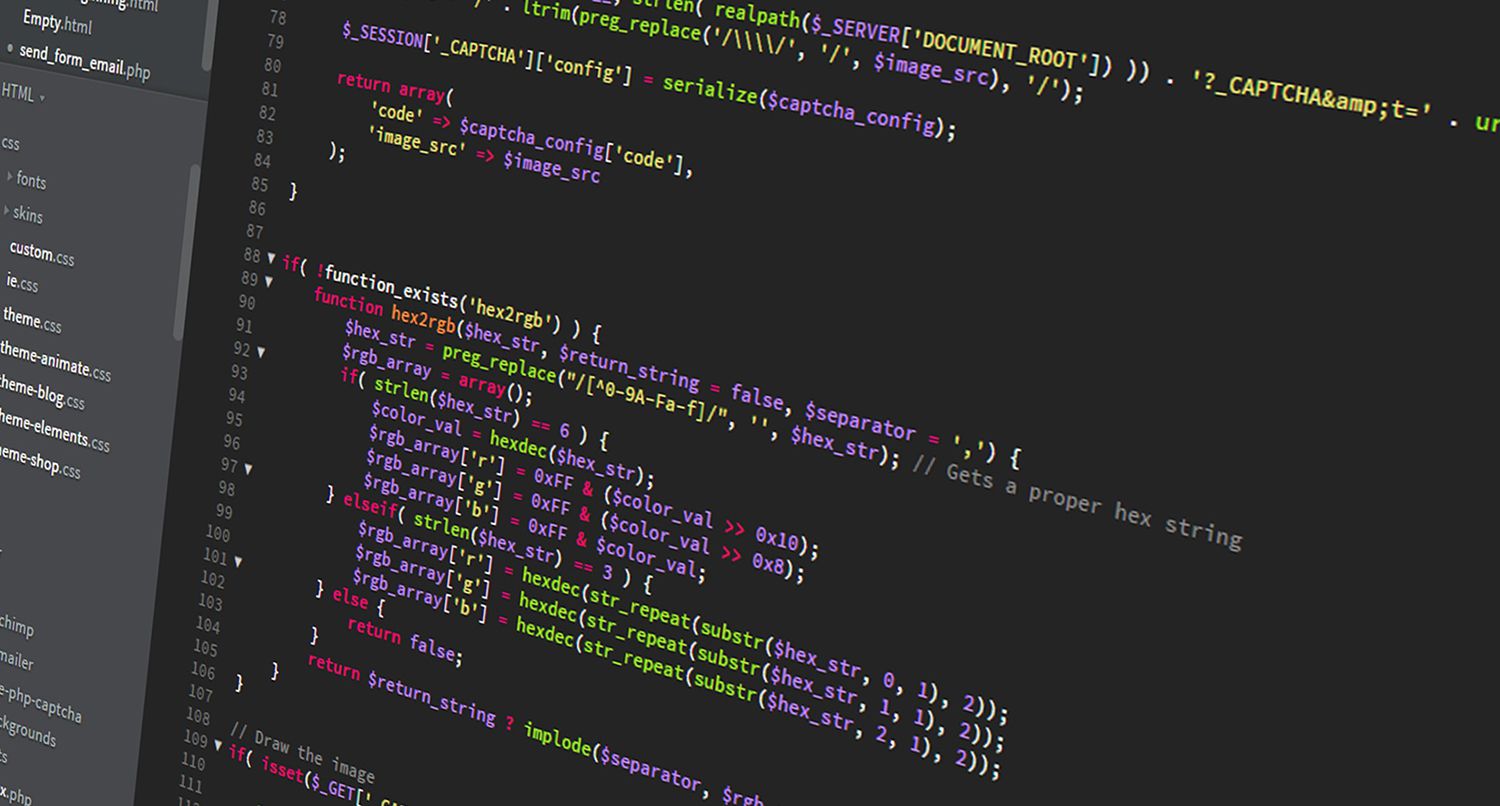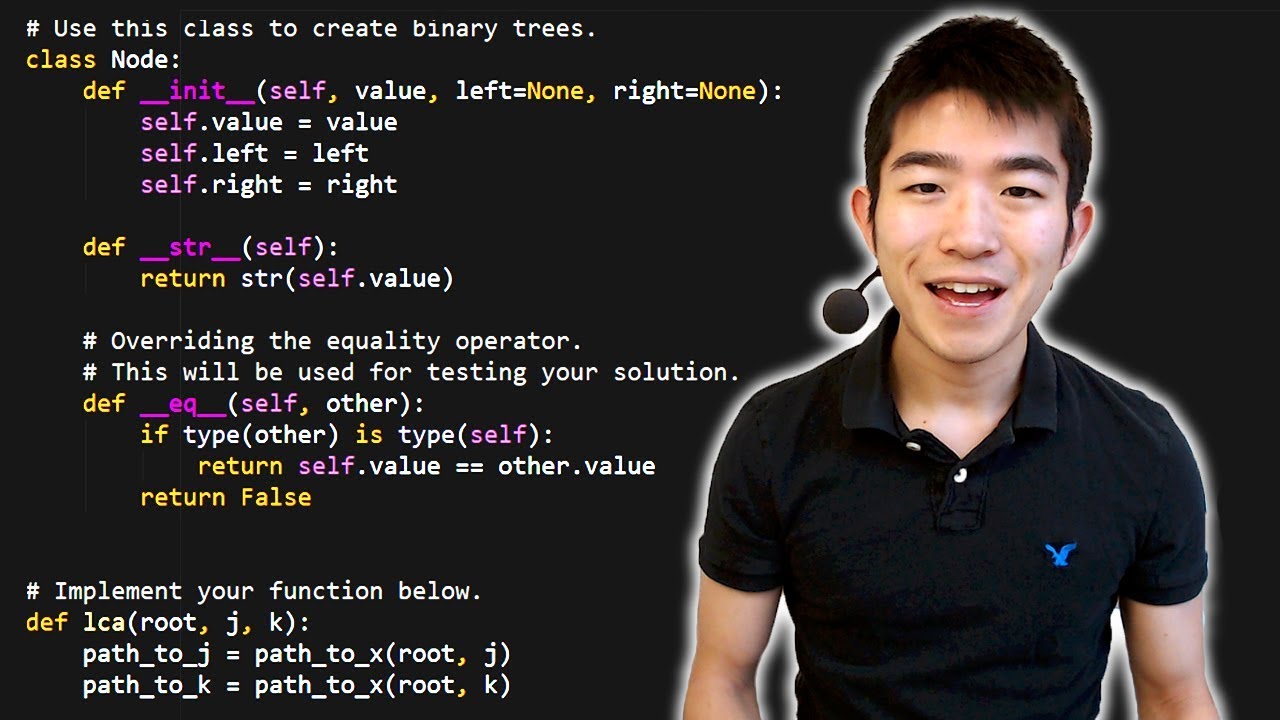How to learn python in 7 days for beginners
How to learn python in 7 days for beginners
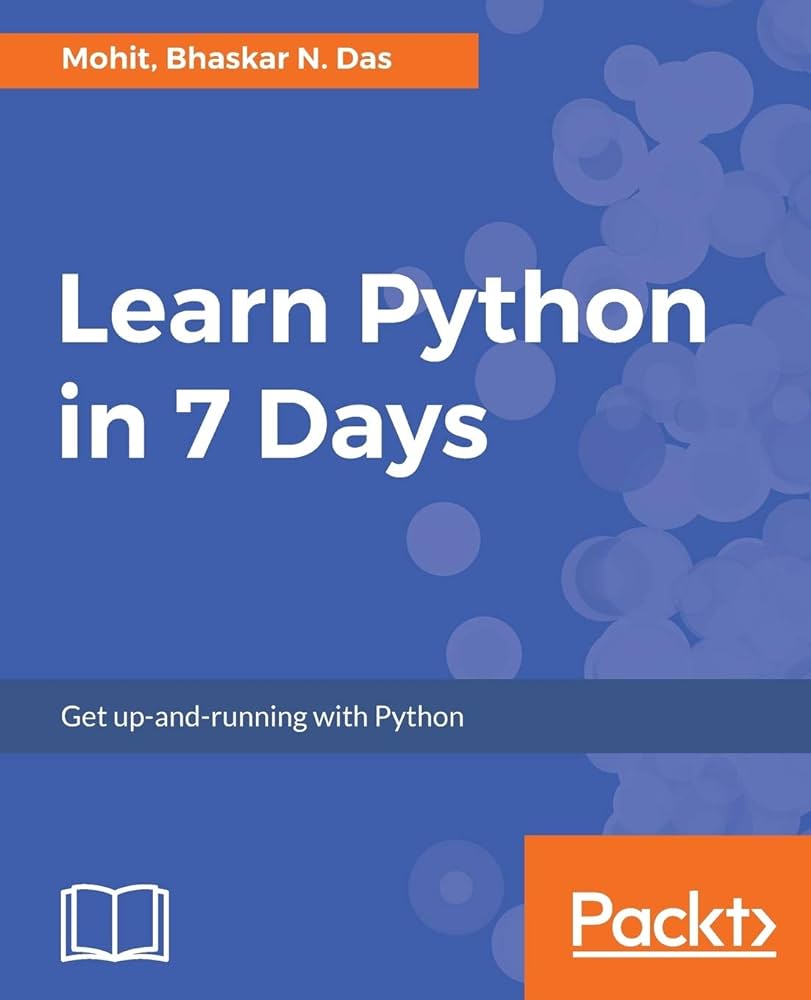
Learning Python in just 7 days may seem like a daunting task, but with the right approach and dedication, you can make significant progress. Here's a step-by-step guide to help beginners get started with Python programming:
Day 1: Introduction to Python and Basic Syntax (2 hours)
Start by installing Python on your computer from the official website. Familiarize yourself with the basic syntax of Python, including indentation, comments, print statements, and basic data types like integers, floats, and strings. Practice writing simple programs using online resources or introductory tutorials.Day 2: Variables, Data Types, and Operators (2 hours)
Focus on understanding variables, which store values in Python. Learn how to declare and use variables, including the difference between mutable and immutable objects. Study data types such as lists, dictionaries, tuples, and sets. Understand their structures, usage, and limitations. Practice working with various operators, including arithmetic, comparison, logical, and assignment operations.Day 3: Control Structures and Functions (2 hours)
Learn about control structures like if-else statements, for loops, while loops, and conditional expressions. Understand how to use them to make decisions in your code. Study functions, which are reusable blocks of code that perform specific tasks. Learn how to define, call, and pass arguments to functions.Day 4: Working with Lists, Tuples, and Dictionaries (2 hours)
Dive deeper into working with lists, including indexing, slicing, appending, and removing elements. Learn about tuples, which are similar to lists but immutable. Study dictionaries, which store key-value pairs. Understand how to create, access, and modify dictionary items.Day 5: Modules, File Input/Output, and Exception Handling (2 hours)
Learn about Python modules, which provide pre-written code for specific tasks. Understand how to import, use, and customize modules. Study file input/output operations, including reading and writing text files, CSV files, and JSON data. Practice exception handling by catching and dealing with errors in your code.Day 6: Object-Oriented Programming (OOP) Concepts (2 hours)
Introduce yourself to basic OOP concepts in Python, such as classes, objects, inheritance, polymorphism, and encapsulation. Learn about the concept of self-references and how it relates to object-oriented programming. Practice defining and using custom classes with attributes and methods.Day 7: Project Development and Debugging (4 hours)
Apply your knowledge by working on a small project, such as building a simple calculator or generating random passwords. Practice debugging techniques, including using print statements, the pdb module, and error messages to identify and fix issues in your code.Remember, learning Python in 7 days is an ambitious goal. Be prepared to put in extra time outside of these recommended hours to reinforce your understanding and build more projects. With dedication and practice, you'll be well on your way to becoming proficient in Python programming!
How to learn python in 7 days free
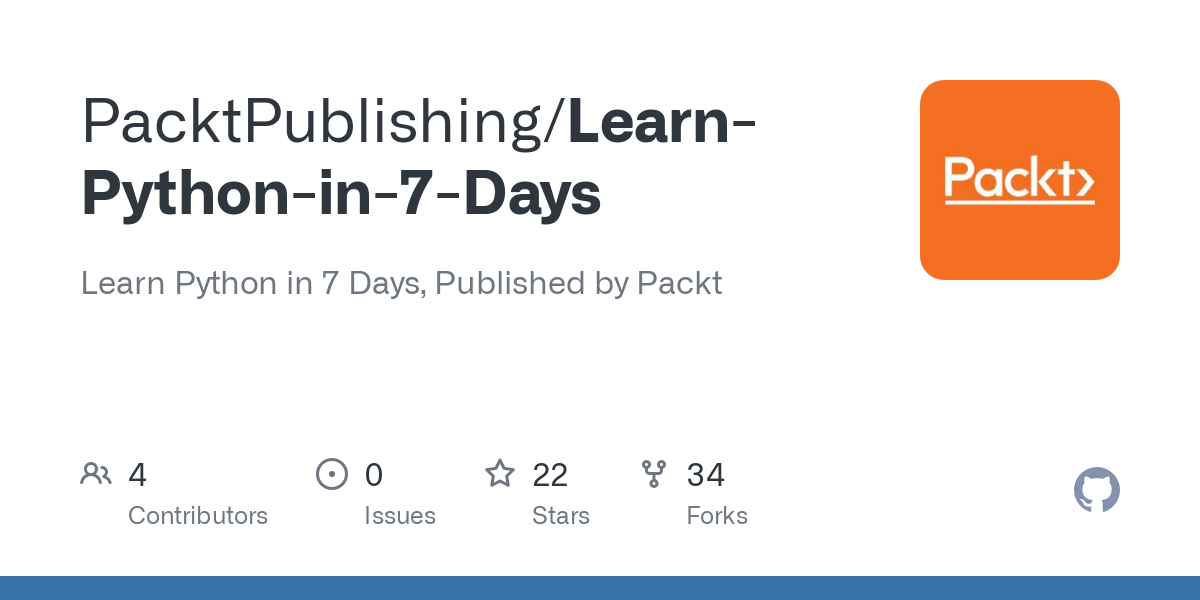
Learning Python in just 7 days might seem like an ambitious goal, but it's definitely achievable with dedication and the right resources. Here's a step-by-step guide on how to learn Python for free in just 7 days:
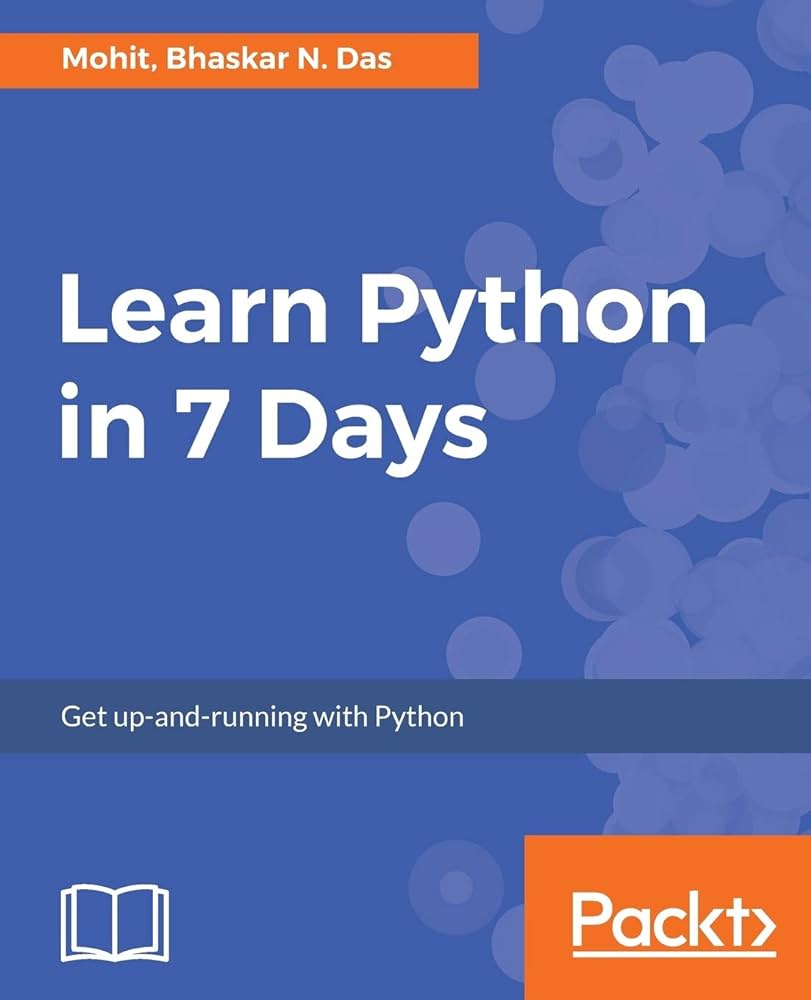
Day 1: Get Familiar with the Basics
Start by learning what Python is and its basic syntax. Go through a beginner-friendly tutorial like Codecademy's Python Course (free) or W3Schools' Python Tutorial (free). Understand the importance of indentation, data types (strings, numbers, booleans), and variables.Day 2: Learn Basic Data Structures
Focus on lists, tuples, dictionaries, sets, and conditional statements. Practice working with these data structures using interactive platforms like Repl.it or Ideone. Try solving basic problems on sites like LeetCode or HackerRank to solidify your understanding.Day 3: Functions and Modules
Learn about functions, lambda functions, and modules in Python. Understand how to create reusable code blocks and import external libraries (e.g., math, statistics). Practice writing simple functions and using existing modules for tasks like data manipulation or calculations.Day 4: Working with Files and Data
Learn how to read and write files in Python using CSV, JSON, or Excel formats. Understand how to work with datasets, including data cleaning, filtering, and visualization. Use libraries like Pandas for data manipulation and Matplotlib for plotting.Day 5: Object-Oriented Programming
Study classes, objects, inheritance, and polymorphism in Python. Learn how to create custom classes and use existing ones (e.g., datetime, math). Practice creating simple simulations or games using OOP concepts.Day 6: Debugging and Error Handling
Understand the importance of debugging and error handling in programming. Learn basic debugging techniques like print statements, try-except blocks, and pdb.set_trace(). Practice writing robust code that handles errors gracefully.Day 7: Putting it all Together
Take a problem from a site like Project Euler or CodeWars and implement a solution using Python. Combine concepts learned throughout the week to solve a more complex problem. Share your progress on social media or online forums for feedback and motivation.To get started, you'll need:
A computer with Python installed (most operating systems come with Python pre-installed). A text editor or IDE like PyCharm, Visual Studio Code, or Sublime Text. A web browser for accessing online resources and platforms. Time commitment: 7 days, approximately 2-3 hours per day.Remember, learning a programming language takes time and practice. Don't be discouraged if you don't grasp everything immediately. Stay motivated, and you'll be surprised at how far you can come in just 7 days!
